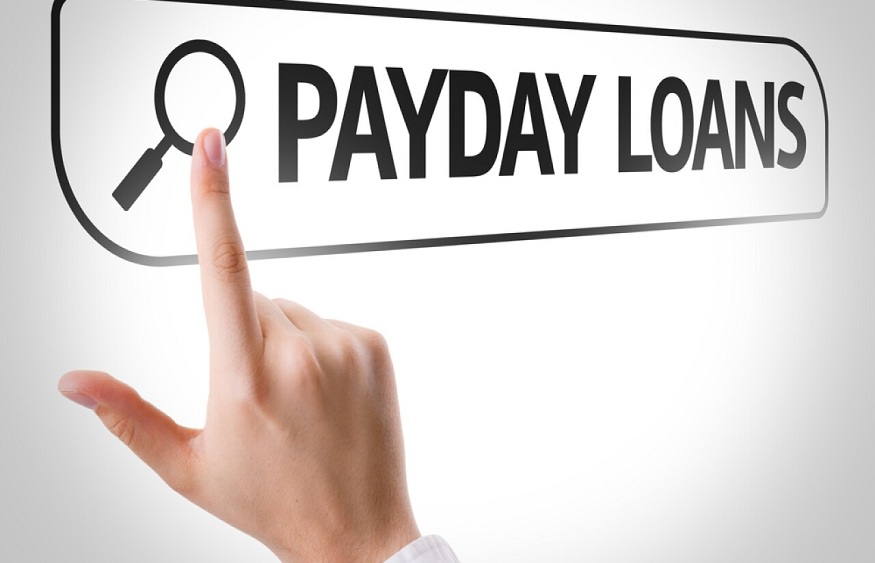That’s it, are you finally at the mortgage application stage for your first home? (Congratulations!) Or is it time to renew your mortgage? Be that as it may, you are faced with the dilemma: fixed rate or variable rate? Several factors will influence your choice. Your financial situation. Your risk tolerance. And – more generally – the economic context. We therefore explain the difference between fixed and variable rates to help you choose the one that suits you.
What is a fixed rate?
If you believe its small name, you will have understood that a fixed rate remains the same throughout the term of your mortgage loan . Your term is the length of your mortgage contract. It can vary from a few months to 10 years.
Generally, fixed rates are higher than variable rates , but they can be a good option if:
interest rates are particularly low and you want to lock in your rate so that it is safe from future increases
you prefer to have stable and predictable monthly payments for your budget, generally with the same principal-to-interest ratio, regardless of the vagaries of the market
What is a variable rate?
Conversely, a variable rate fluctuates according to the prime rate of your financial institution. And the latter varies mainly according to the key rate issued by the Bank of Canada . To reflect these fluctuations, the rate of a variable rate mortgage is adjusted monthly. It is an interesting choice if:
you want to take advantage of a lower rate upfront and potential rate cuts over the course of your term
your budget can support an increase in your monthly payments or a reduction in the principal reimbursed in the event of rate increases.
Capped variable rate
A capped variable rate fluctuates with the market, but never exceeds an established ceiling. This option allows you to take advantage of rate cuts, while protecting you in the event of significant increases. Note that there is usually an additional premium to pay for this type of rate.
Fixed payments with a variable rate
Some financial institutions offer the option of fixed monthly payments with a variable rate. How it works? If your interest rate goes down, you pay more in principal and less in interest, and vice versa if your rate goes up. When rates reach a certain percentage, your financial institution contacts you to adjust your mortgage payments.
Fixed payments + variable rate = the best of both worlds?
Not necessarily . Be aware that even if your payments are fixed, rate fluctuations will have an impact when renewing your mortgage. You may need to increase your payments to maintain the same amortization period. Or refinance your mortgage and extend your amortization to maintain lower payments.
Variable rate: often the most advantageous
According to many economic experts, the variable rate is more advantageous in the long term than the fixed rate in the majority of cases.
That said, keep in mind that the most advantageous choice for you really depends on the current economic context , your financial situation and your risk tolerance . As with any financial product, each case is unique.
What is a mixed rate?
A mixed rate is the combination of a fixed rate and a variable rate for the same mortgage loan . The principle is simple: you divide the amount of your mortgage into installments. Each of these installments has its own characteristics: duration, interest rate, etc. This way, you can take advantage of the advantages of the variable rate for part of your loan, and secure the other part with a fixed rate.
Variable mortgage rates
As we said earlier, variable mortgage rates fluctuate according to the prime rate of your financial institution. And it varies according to the Bank of Canada key rate . In other words, if the policy rate increases, variable mortgage rates also increase .
The policy rate is adjusted according to the economy and the rate of inflation . The more the Bank of Canada anticipates that inflation and the economy will be vigorous in the coming months, the more it raises its key rate to curb the rise.
Attention! Although closely linked to the policy rate, the prime rate can sometimes fluctuate between periods when the policy rate changes. For example, the prime rate could rise in anticipation of future policy rate hikes.
Fixed mortgage rates
Fixed mortgage rates are influenced by long-term Canadian government bond rates . For example, fixed mortgage rates for a 5-year term vary according to 5-year Canada bond rates. Bond rates fluctuate with financial markets , which are influenced by long-term economic and inflationary forecasts.
What to do if interest rates drop?
If particularly advantageous rates are in effect or if an exceptional rate drop is expected, you could:
switch from a variable rate to a fixed rate in order to secure a very low rate
As soon as a rate hike is announced, you immediately ask yourself: what is the impact on my mortgage payments ? We understand you. An increase may have some (possibly immediate) impact on your payments if you have a variable rate or an upcoming term renewal .
But before making a drastic decision, here are some possible solutions in the event of a rate hike :




